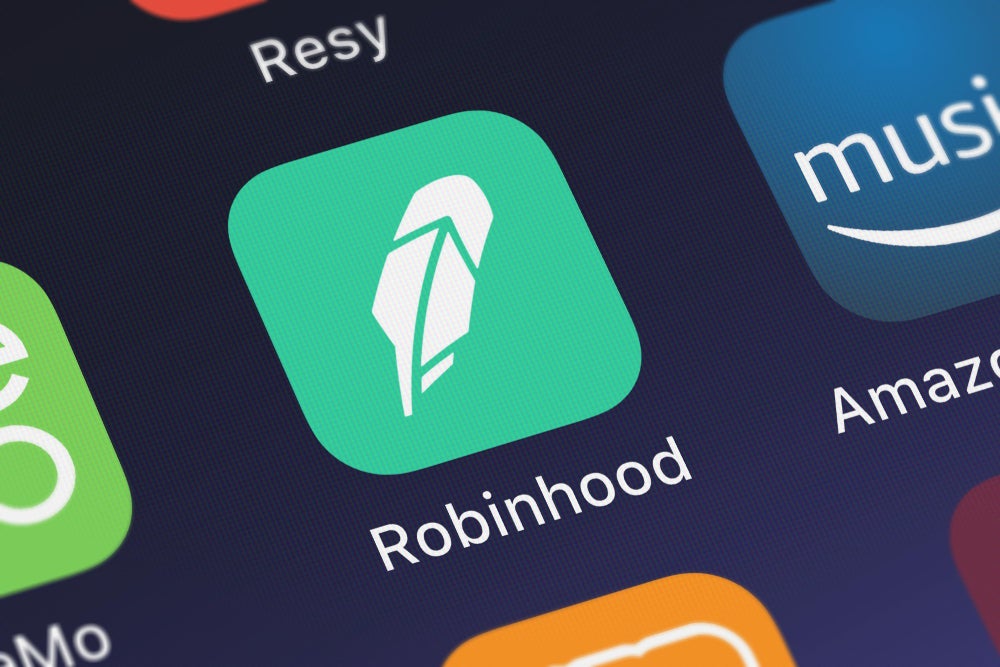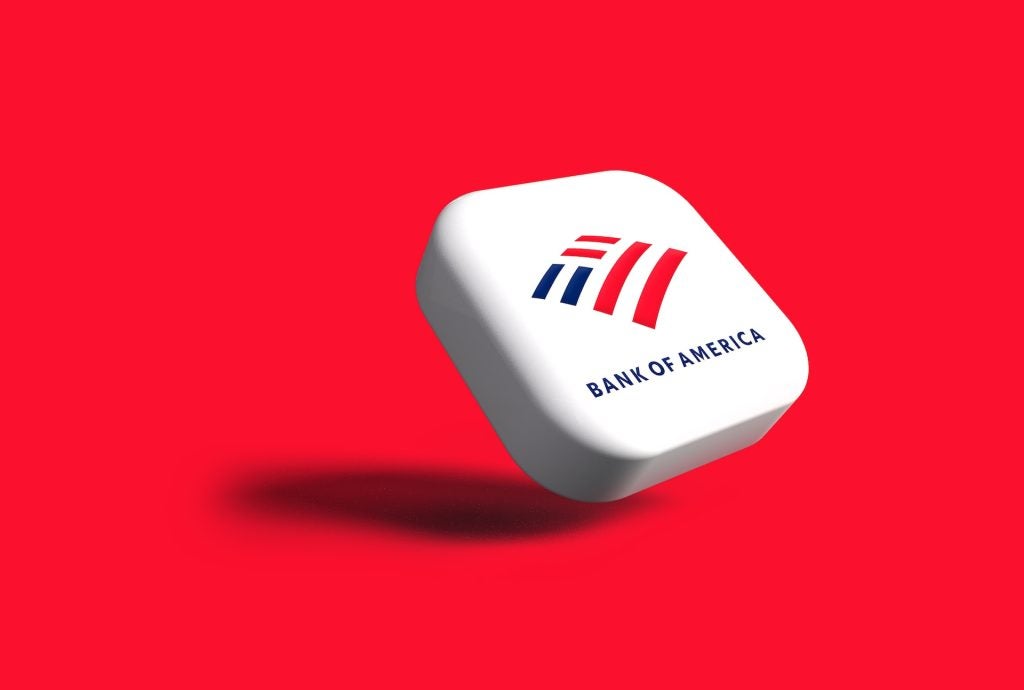
Renowned ‘free’ stocks and shares trading platform, Robinhood, whose reputation was largely built on cryptocurrency, has applied for a charter to introduce traditional banking products and services to its customers.
Robinhood requires approval from the Office of the Comptroller of the Currency before it could allow such banking services to run on its platform.
Robinhood monetization process turning heads of investors
The application will undoubtedly be supported by the company’s upcoming IPO, said to be worth $5.6bn. Robinhood raised $363m in its latest Series D round of funding in May 2018 – a substantial amount of money for what many in the business deem to be such a simple tool.
As with many app-based businesses, the funding and valuations are largely based on the business’ brand power, especially with millennials being its key demographic.
Robinhood runs its own premium service, Robinhood Gold, which offers users a more advanced user experience and gives exclusive features that negates the whole initial offering as being a ‘free’ share trading experience. Gold has propelled the company forward and turned the heads of investors.
Robinhood’s first CFO realizes need to tighten the ship before IPO
In early 2018, Robinhood creators sought a Chief Financial Officer ahead of its upcoming IPO. In November 2018, 20-year Amazon veteran Jason Warnick joined the company. Since then he has played a large part in Robinhood’s decision to lean towards using traditional banking services.
How well do you really know your competitors?
Access the most comprehensive Company Profiles on the market, powered by GlobalData. Save hours of research. Gain competitive edge.

Thank you!
Your download email will arrive shortly
Not ready to buy yet? Download a free sample
We are confident about the unique quality of our Company Profiles. However, we want you to make the most beneficial decision for your business, so we offer a free sample that you can download by submitting the below form
By GlobalDataThe company is clearly attempting to tighten up its vision before its IPO comes to fruition. In December 2018, Robinhood faced backlash from users after promises to offer a no-fee 3% interest checking and savings account were axed. Technicalities between what the company was actually offering and what banking service users received were highlighted. A blog post from the company’s co-founders read “the announcement may have caused some confusion”.
Robinhood was offering users brokerage accounts, which would have meant its users would not have been covered by insurance through the SIPC – another reason why the company will be thrilled to have its traditional banking services charter approved.
When the company does eventually have its IPO, which it is well on its way to, Robinhood would become the second most valuable fintech startup company in the US, in good company behind crypto-wallet-service Coinbase, worth $8bn.








